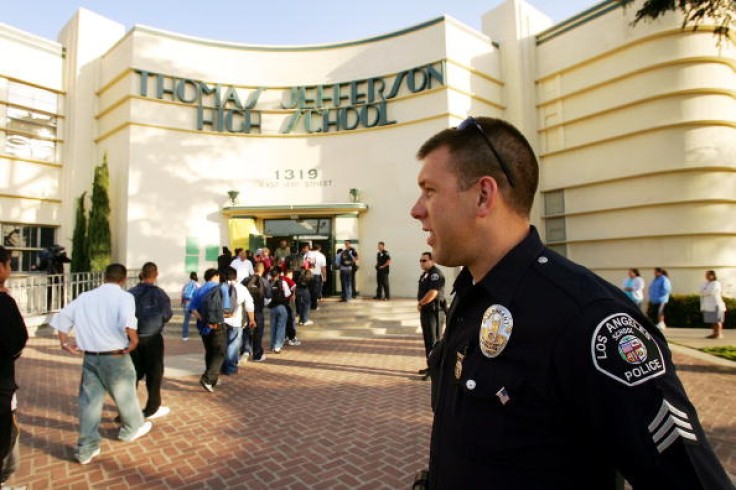
A federal appeals court in Virginia has upheld the constitutionality of the new admissions policy at Thomas Jefferson High School for Science and Technology, an elite public high school. The decision overturns a ruling from last year that accused the school of engaging in impermissible "racial balancing" and discrimination against highly qualified Asian American applicants. According to NBC, the case has sparked debates about diversity, merit-based admissions, and the role of race in school admissions.
In 2020, the Fairfax County School Board implemented significant changes to the admissions process at Thomas Jefferson High School. The revisions involved replacing the previous standardized test-based system with a new approach that aimed to increase diversity. The revamped policy allocated equal numbers of admissions slots to each of the county's middle schools and considered factors such as economic disadvantage and English language proficiency. Notably, the revised process did not take race into account.
Results and Controversy
According to Yahoo News, the impact of the new admissions policy was evident in the first freshman class admitted under the revised rules. While black and Hispanic student representation increased, Asian American representation decreased from 73% to 54%. Critics argue that the policy discriminates against highly qualified Asian American applicants and that efforts to increase representation for other racial groups come at their expense.
In a 2-1 ruling, the 4th U.S. Circuit Court of Appeals in Richmond upheld the constitutionality of the admissions policy at Thomas Jefferson High School. Judge Robert King, in the majority opinion, acknowledged the school board's legitimate interest in increasing diversity and rejected the claim that the policy unfairly targeted Asian American applicants. He stated that characterizing the policy as discrimination against Asian Americans "simply runs counter to common sense."
Judge Barbara Milano Keenan, the sole dissenter, argued that the board intended to change the racial composition of the school and criticized her colleagues for disregarding the underlying motives behind the policy.
Supporters of the ruling assert that promoting diversity and considering factors beyond test scores are essential to creating a more inclusive and equitable education system. They argue that a singular focus on academic achievement alone may exclude talented students from underrepresented communities.
Critics, however, believe that the policy overlooks the importance of merit-based admissions and disadvantages highly qualified Asian American applicants. They argue that by disregarding academic achievements, the revised admissions process may fail to identify and nurture the most academically gifted students.
Read Also : James Bond Sues For Discrimination After 3 Universities Reject PhD Student With Dyslexia
Wider Implications and the Supreme Court Case
The ruling comes at a crucial time as the U.S. Supreme Court considers a pivotal case challenging the consideration of race in admissions policies at Harvard University and the University of North Carolina. The outcome of that case could have significant implications for the ongoing debates surrounding affirmative action and the role of race in education.
The decision regarding Thomas Jefferson High School's admissions policy raises questions about the delicate balance between diversity and merit-based admissions in educational institutions, according to NY Times. It also highlights the challenges faced by schools and policymakers in achieving equitable representation while upholding rigorous academic standards.
The federal appeals court's decision to uphold the admissions policy at Thomas Jefferson High School for Science and Technology has reignited discussions about diversity, merit-based admissions, and the role of race in school admissions. While supporters argue that promoting diversity is crucial for creating an inclusive educational environment, critics express concerns about potential disadvantages faced by highly qualified Asian American applicants.
The ruling serves as a reminder of the complexities surrounding admissions policies and the ongoing debates about equity and representation in educational institutions. As the Supreme Court deliberates on a similar case, the broader implications of these decisions extend beyond a single school, emphasizing the need for thoughtful and comprehensive approaches to achieve fairness in admissions processes across the education system.
Read also: Primary Schools In England Accused Of Discrimination: Filtering The Rich And The Poor Students